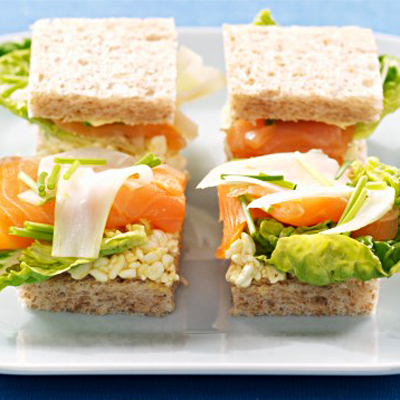 Ok so most likely you've already heard that eating small, frequent meals throughout the day is good for you and will help you with your weight loss goals...but you may still be wondering, WHY?
Ok so most likely you've already heard that eating small, frequent meals throughout the day is good for you and will help you with your weight loss goals...but you may still be wondering, WHY? If you don't know reasons behind why things work, you may never try them, and this is why this post is for my boyfriend, my brother, and all those other people out there who have not believed me about small, frequent meals and who make fun of me for eating a million times a day :).
As many of you may not know, I'm studying to get my Personal Training certification through ACSM (American College of Sports Medicine), and as I was studying the other day, I came across a couple pages completely dedicated to the fact that consuming the same amount of calories in 1 day does not do the same thing to your body if you space it out during the day vs. eating it all in 1 meal. I got excited... now I have PROOF for these non-believers. That is, if you're willing to believe ACSM...
Here are the main points described in my book:
If you consume lets say 2000 calories/day and burn 2000 calories during the day, you're in this thing called "energy balance". HOWEVER, how you ingest these calories during the day makes a difference. If you skip breakfast, skip lunch, and eat all of your day's calories in 1 big meal, what you've done is spend most of your day in an energy deficient state (even though you may still be in "energy balance"). This yields different results than if you had eaten the 2000 calories in 6 small meals during the day.
Benefits of eating small, frequent meals:
- maintain metabolic rate
- lower body fat
- lower body weight while eating more calories
- better glucose tolerance and lower insulin response - this makes it less likely that fat will be produced from the food you eat
- lower stress hormone production
- maintain muscle mass easier
- improve physical performance
Problems with energy deficits (i.e. only eating 1 or 2 big meals a day):
- poor maintenance of carbohydrate storage
- problems maintaining lean muscle mass
- lower metabolic rate
- harder time meeting nutritional needs
- increased risk of injury
I hope this helps some people understand more as to why it's a good idea to eat several small meals throughout the day... and if you're one of those people (like me) who eats constantly all day while getting made fun of, just refer those people to this blog :).




